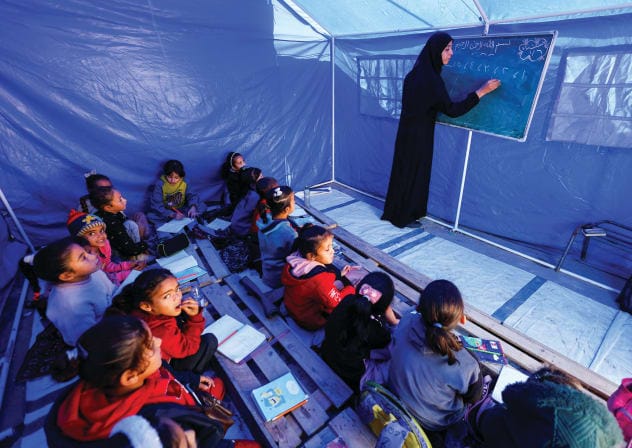Editor's Notes: The Washington Post’s death by comfort - comment
When 300 journalists lose their jobs at a once-great paper (as it announced on Wednesday), democracy gets darker.

When 300 journalists lose their jobs at a once-great paper (as it announced on Wednesday), democracy gets darker.




Antisemitism is not ordinary bigotry, and treating it like every other form of prejudice misunderstands its psychology and makes the problem worse.

Most American Jews remain deeply connected to Israel, even as many resist the label “Zionist,” reflecting concerns about policies rather than rejecting the Jewish state itself.
![American and Israeli Jews [Illustrative] American and Israeli Jews [Illustrative]](https://images.jpost.com/image/upload/f_auto,fl_lossy/q_auto/c_fill,g_faces:center,h_448,w_632/433149)
Milk rationing did not happen by accident. Protest tactics, rigid regulation, and stalled reform collided, leaving families paying the price for political and policy failure.

Platforms that promised connection have become factories of radicalization.

Soccer serves as a tool of soft power, and through partnerships with African soccer federations, Rabat has deepened its influence.

Iran’s Internet blackout denied protesters access to information and helped the regime outmaneuver the US in the information war.

Trump has been bragging a lot about falling gasoline prices at home. He gets his facts wrong, but he’s right about the trend. War with Iran will quickly send them in the opposite direction.

The core reform in education in Gaza has to be based on demilitarization, deradicalization, democratization, and development.

Military force and public pressure collided for 843 days, and together, they brought every hostage home.

“If it ends like this, he will be remembered as the worst president ever for Iranians,” one Iranian who managed to flee told The Jerusalem Post.
